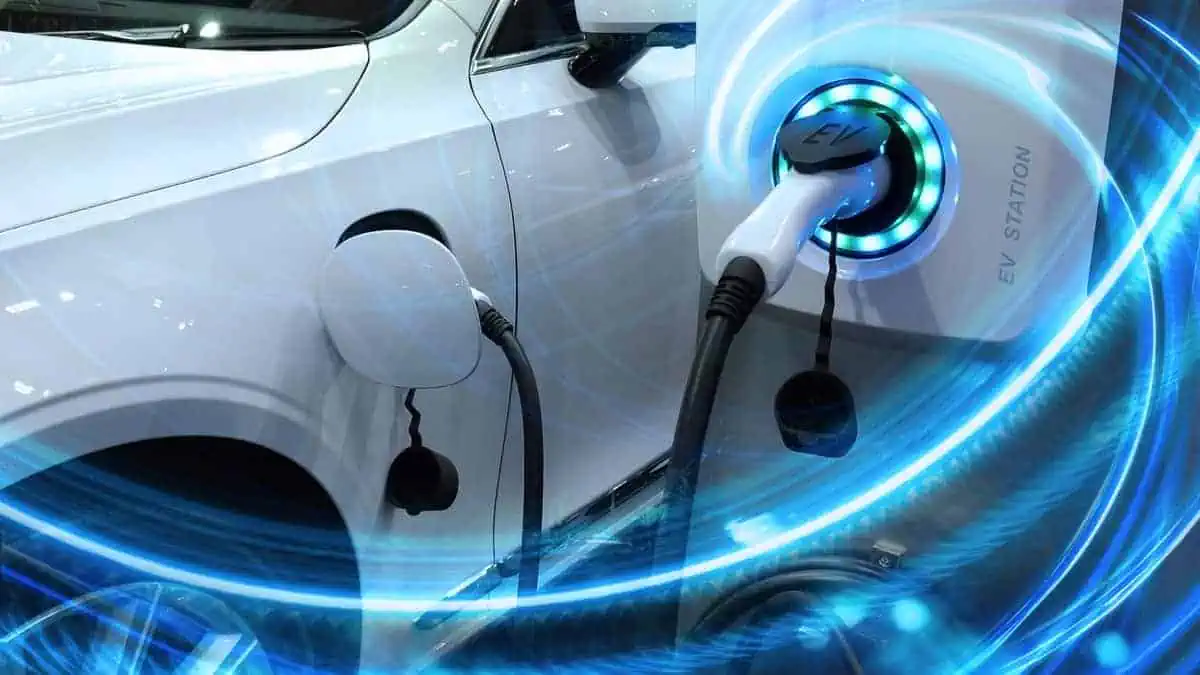The United States is now experiencing the same problem China suffered in its electric vehicle industry. The Wall Street Journal reports that EV production in the US continues to rise, which turns the sector to be “oversaturated.”
Problem highlights
Chinese automakers reportedly lost cash primarily due to the intensified price war Tesla initiated in the domestic market.
In addition, substantial government subsidies encouraged many automakers to penetrate the EV industry in the past ten years. Unfortunately, almost 400 brands have already vanished in the previous years as the government cut EV incentives and implemented more stringent standards.
The report noted that EVs accounted for one-third of China’s overall vehicle sales. However, the surge in production causes the supply to surpass the actual demand. This problem can potentially intensify the EV crisis in the country.
Alarmingly, the same issue seems to be occurring in the US. According to Cox Automotive, EV inventory surged to 103 days of supply. That number represents a nearly twofold increase compared to traditional cars.
Therefore, automakers and dealers are forced to cut prices to reduce their inventories. In effect, average prices declined by 20% to $53,438.
In addition, EV startups in the US face intense competition from established rivals like Tesla. They must strive to offer attractive vehicle elements such as innovative features and technologies to have a chance to advance in the industry.
See Also:
- The best-selling 2022 electric vehicle models in USA
- Chinese automakers beat German giants in the EV industry
- Bentley electrifies the iconic 1929 Blower vehicle
- Hyundai to produce 1M vehicles annually in India after buying GM’s Talegaon factory
- California reports record volume in electric vehicle sales
Electric vehicle uptake has increased worldwide. Many automakers decided to join the EV race as they saw positive outlooks in this business. However, the sudden surge in production and price war continues to threaten this upward trend. That said, the global industry must immediately act to offset these issues.





